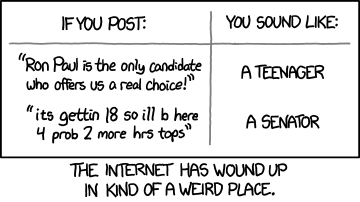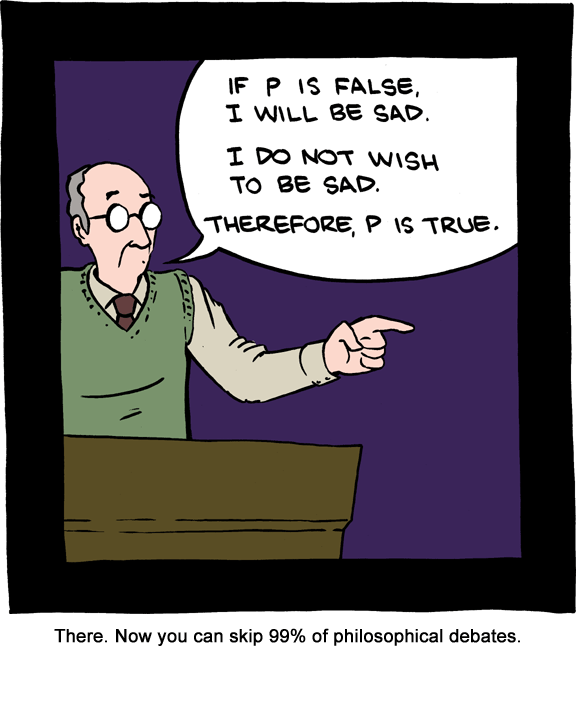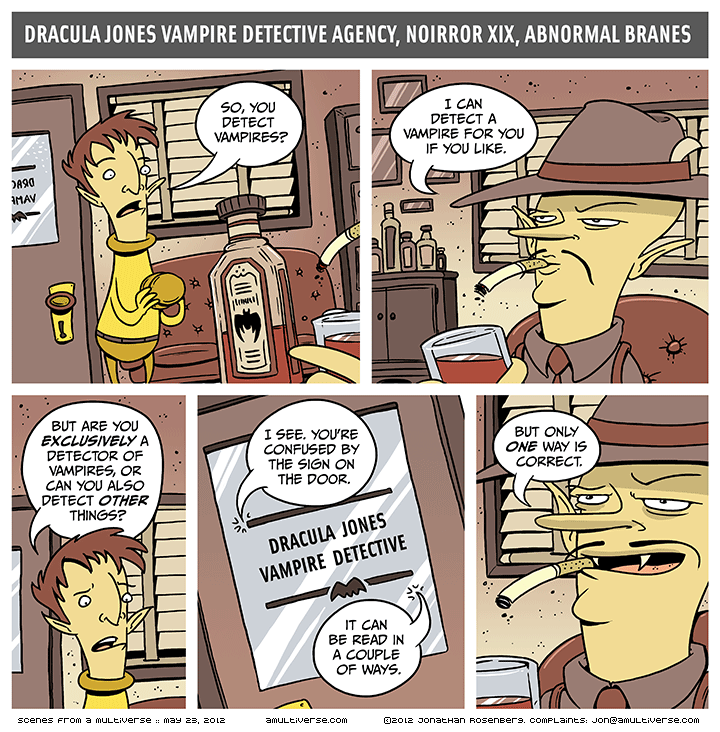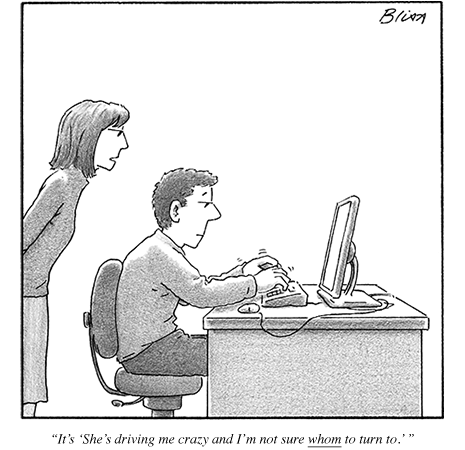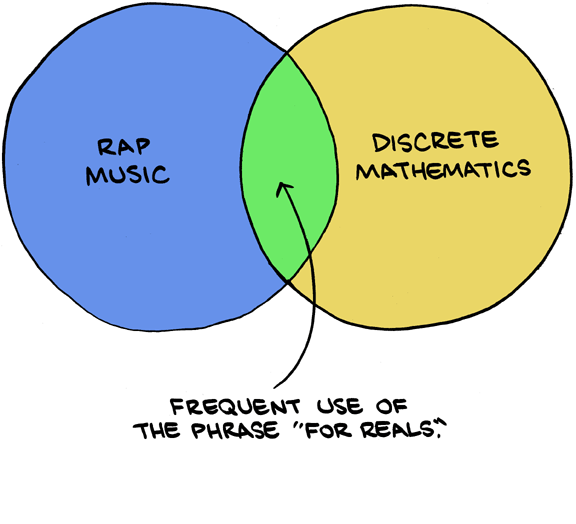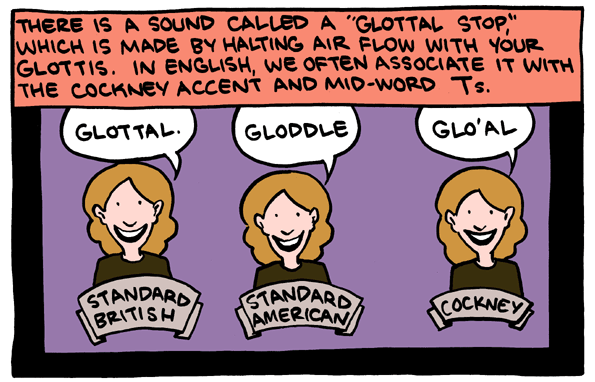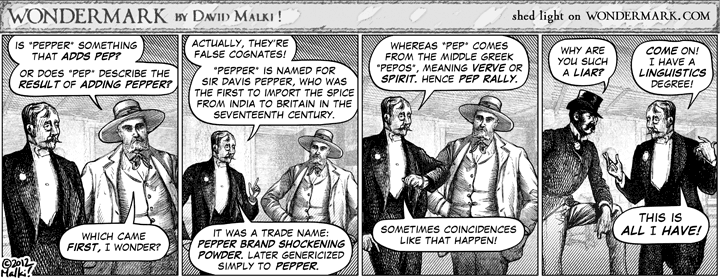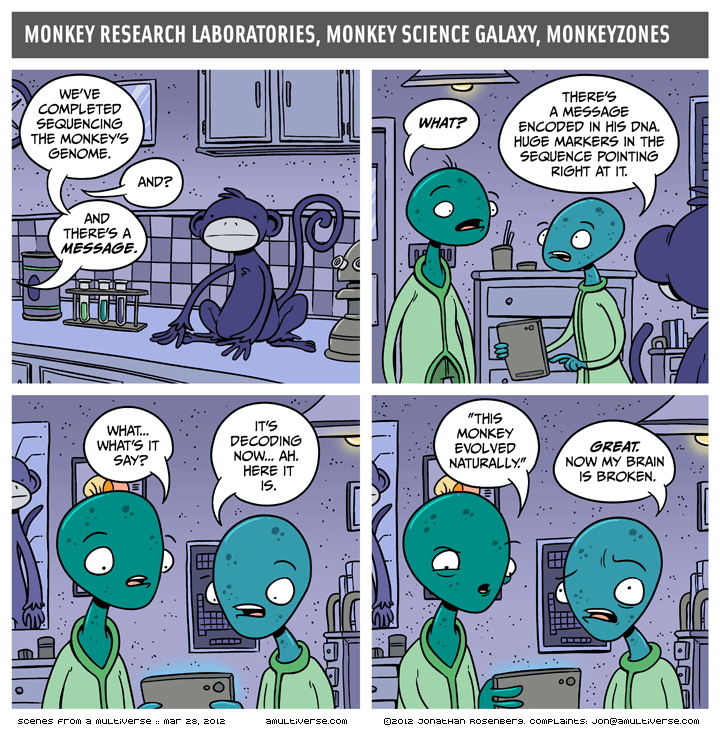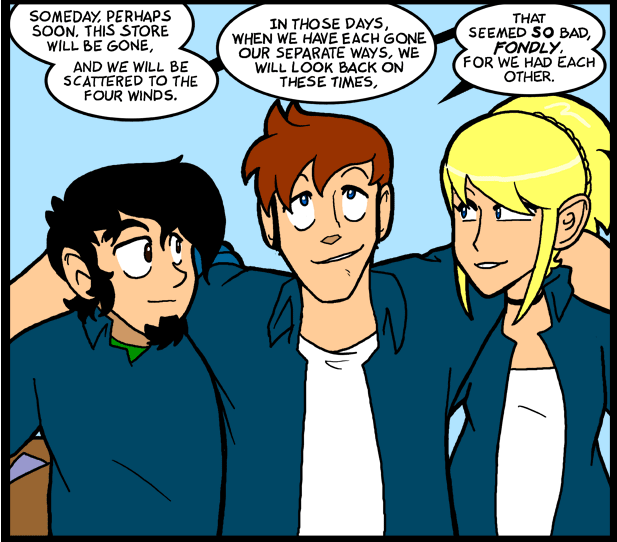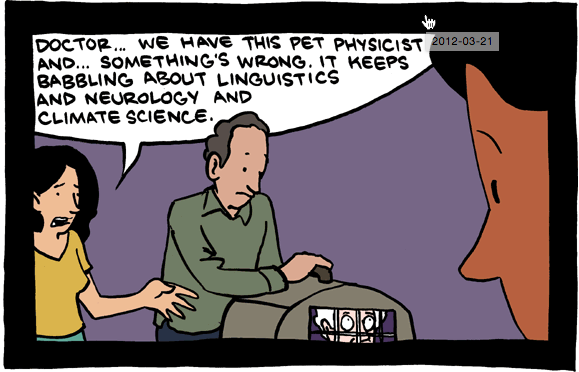Thurber and the sexes: the cartoons
(This posting started from an attempt to replace all the links to James Thurber cartoons in Mark's "He bold as a hawk, she soft as a dawn" posting of 9/14/06, here, after the initial Dilbert cartoon, which is still available. All the links are broken, and Mark and I can't figure out which cartoons are supposed to go in which slots. So here's a big compendium of Thurber cartoons on the relations beween the sexes.)
Read the rest of this entry »
Permalink Comments off

